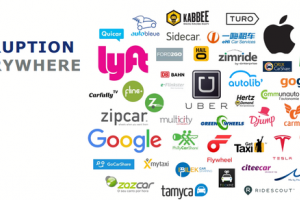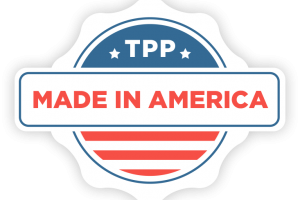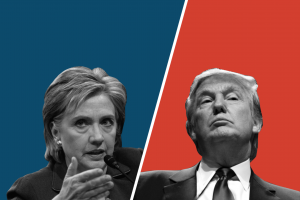Pulse: US
Questioning Banking
Bankers have accepted that FinTech is here, reports The Daily FinTech in its SIBOS 2016 wrap-up story. Realism in FinTech among both banks and startups, the move to realtime payment, and (naturally) semi-real blockchain topped its list of takeaways.
What Would Einstein Do? Embedded Dilemmas in Disrupting Markets
Trading Down: Is the TPP Making the United States a Less Benign Hegemon?
Foreign Affairs just published a piece by me regarding TPP in its online edition at https://www.foreignaffairs.com/articles/americas/2016-09-21/trading-down.
It is entitled: Trading Down: Is the TPP Making the United States a Less Benign Hegemon?
Here is the excerpts:
Marketplace Banking: FinTech Articles of the Week
Banks are locked in a traditional structure of proprietary and legacy, and they strongly wish to keep it that way. The problem is more and more banking operations are increasingly done in marketplaces that level the playing field for new entrants, writes banking consultant Chris Skinner in "The banking bazaar and the bizarre banker."
The Trump and Clinton Foundations Are Character Tests that Hillary Clinton Passes and Donald Trump Fails
Donald Trump’s charge that Hillary Clinton used her office as Secretary of State to service donors of the Clinton Foundation exemplifies a regular Trump tactic: Preemptively charge your opponent with what you know you’ve done.
So, fully aware that his own family foundation is a shoe-string operation that breached IRS regulations, or worse; Trump and his surrogates charged for months that the Clinton Foundation’s funding and works are proof of corruption. No disinterested party found any such proof.
Epi(c) Pharmaceutical Market Failure
It was hard not to feel sorry for Mylan CEO Heather Bresch as she sat for an extended CNBC interview on the morning of August 25th. Clearly on the hot seat, Bresch tried to explain Mylan’s stratospheric EpiPen price increases. Despite limited product improvement, the retail price for EpiPen 2-Pak®has skyrocketed from $94 in 2007 when Mylan acquired the product to $608 today, a 550% increase.
The things we really need are getting more expensive. Other stuff is getting cheaper. Why?
I am sharing an interesting article from the World Economic Forum titled The things we really need are getting more expensive. Other stuff is getting cheaper. Why? I have copied the full text below. So my question is, when will we begin to see inflation?
Backing Banking?
I am generally gung-ho on banks and their need to embrace FinTech partners and on the need for FinTech firms to build the systems that can help smaller banks compete. The record, yet rather paltry, $185 million fine levied on Wells Fargo for fraudulently opening accounts to meet sales targets gives some support to that thesis, even though it's another black-eye for the industry.
Rankings and Reactions: CMS Launches Star Ratings for Hospitals
“The fault, dear Brutus, is not in our stars but in ourselves.” [1] ~William Shakespeare


 by
by 
 by
by 

 by
by 

 by
by 

 by
by 

